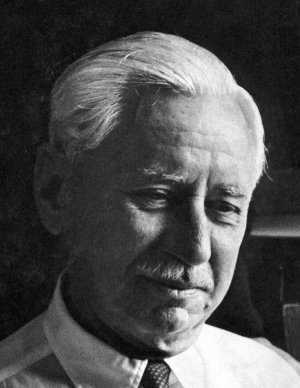
Part of Series
The Story of Civilization, with its tenth volume, Rousseau and Revolution. Around the towering and perplexing personality of Rousseau who set spinning the whirlpool of ideology, both Left and Right, the authors recreate in vivid narrative style the growth of eighteenth century intellectual, moral and political dissent, the summit and decline of autocratic rule, religious disenchantment and democratic stirrings, ""the role of genius in history, of man versus the mass and the state""—in short, that great and continuing debate of which we are now the troubled heirs. The gallery swells with figures as important as the star performer himself: Goethe, Johnson, Voltaire, Catherine and Frederick, Mozart, Kant, Reynolds. The military exploits, the elegance and corruption of court life, the diversity of cultural, economic, and social events, the prejudices and mores of the entire European scene—surely it is a measure of the Durants' comprehensive mastery that so vast a panorama has been handled with so many splendidly interwoven episodes, judicious portraits, and contemporary ramifications. From: https://www.kirkusreviews.com/book-re...
Author

William James Durant was a prolific American writer, historian, and philosopher. He is best known for the 11-volume The Story of Civilization, written in collaboration with his wife Ariel and published between 1935 and 1975. He was earlier noted for his book, The Story of Philosophy, written in 1926, which was considered "a groundbreaking work that helped to popularize philosophy." They were awarded the Pulitzer Prize for literature in 1967 and the Presidential Medal of Freedom in 1977.


